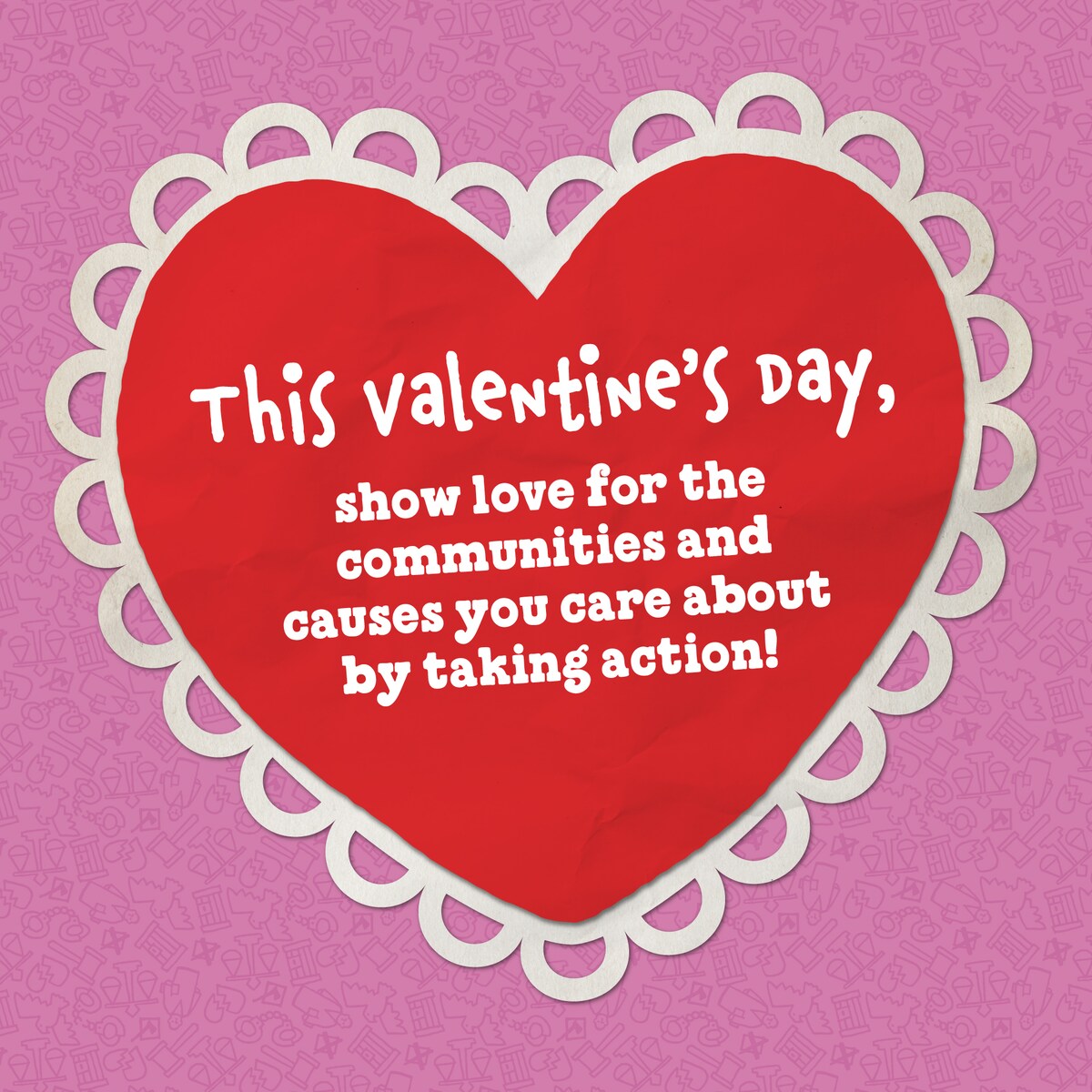November 11, 2021

Elected officials routinely send members of the US Armed Forces into conflict and war, asking them to risk their lives for their country. But when veterans return home, after seeing and experiencing traumas those of us who have never served can barely imagine, help and support are too often nowhere to be found.
Veterans Day is a day set aside each year to honor people who answered the call to serve their country. Like all Americans, we at Ben & Jerry’s thank them for their service and sacrifice. But we owe them more than gratitude.
This Veterans Day, with nearly 200,000 veterans locked up in our prisons and jails, we say it’s time to stop incarcerating veterans who’ve been scarred by wars America has sent them to fight.

Take Action Now!
Veterans Behind Bars
Veterans put their lives on the line for this country. Our leaders—the people who send them into harm’s way—have a sacred responsibility to provide them with assistance when they return.
Instead, almost 200,000 veterans are behind bars. That’s 8% of the total incarcerated population. Although specific numbers are difficult to find, even more veterans than that are caught up in the criminal legal system, either on parole, on probation, or in some other supervisory program.
Many of these veterans wouldn’t be in this situation if it weren’t for the trauma they experienced while serving their country.
Veterans and Mental Health
More than half of justice-involved veterans (the term for former service members entangled in the criminal legal system) are experiencing mental health challenges like PTSD or have substance-use disorders.
According to the US Department of Justice:
- About half of all veterans in prison (48%) and jail (55%) had been told by a mental health professional they had a mental disorder.
- Incarcerated veterans who saw combat (60% in prison and 67% in jail) were more likely than noncombat veterans (44% in prison and 49% in jail) to have been told they had a mental disorder.
Combat experience can lead to PTSD (post-traumatic stress disorder) and brain injuries—both of which are known to increase the likelihood of substance use. In fact, many veterans turn to drugs or alcohol as a way of dealing with their physical and emotional pain.
Given this country’s punitive approach to substance use, it shouldn’t come as a surprise that thousands of veterans (and active duty service members) are arrested and incarcerated for low-level drug-related offenses every year. Despite all this, despite everything we know about what combat can do to a person, fewer than half of all veterans in need receive mental health treatment when they return home.
Veterans Deserve Help, Not Incarceration
It’s a vicious circle. Service members are sent to war and many are then profoundly, irrevocably impacted by what they see and experience. They may be severely injured, or they may return with “hidden” wounds, like PTSD. Since so few effective treatment and support programs are available or accessible, some cope with their pain by turning to alcohol or drugs, which can lead to them being arrested and thrown in prison or jail, where their mental health is unlikely to even be addressed.
We owe veterans better outcomes than this. Those experiencing mental illness and substance-use disorders should be given help, not jail time.
To help keep veterans and their communities safe, we have to invest in vital services like mental health counseling and substance-use treatment, and we have to make those services accessible to veterans wherever they live. (Almost a quarter of all veterans live in rural areas, where resources are few and far between.) Doing this will help thousands of veterans from ever getting involved in the criminal legal system in the first place.
Caring for Justice-Involved Veterans
For veterans already trapped in the criminal legal system, veterans treatment courts can help. These special courts were developed to ensure that justice-involved veterans receive treatment rather than a prison sentence.
The problem is that veterans treatment courts remain underutilized and underfunded. Out of about 3,000 total counties in the US, only 500 have opened these courts since they were first created in 2008.
We’d rather veterans in need receive treatment and assistance before ever coming into contact with law enforcement but, for those already trapped in the system, these courts are a vital lifeline—and an effective way out. We need to push our leaders to increase funding for veterans treatment courts.
Supporting Our Veterans
The criminal legal system is a hammer that sees every challenge as a nail. For decades, officials have ramped up arrests and imprisonment, but it hasn’t made our communities any safer. All it’s done is criminalize veterans, people of color, people trying to make ends meet, and people struggling with addiction and mental illness.
It’s time for a public health approach to public safety for everyone in America, including those who have served in the armed forces.
We must keep our promises to those who’ve risked their lives for their country. This Veterans Day, tell your congressperson to support the People’s Response Act so that we can build a true system of public safety—one that treats everyone with the respect and dignity they deserve.



